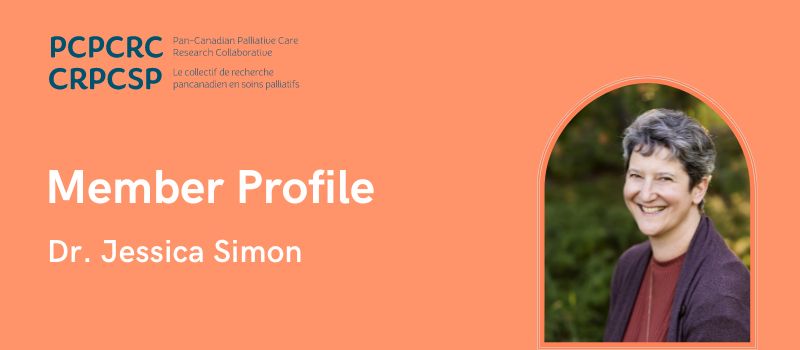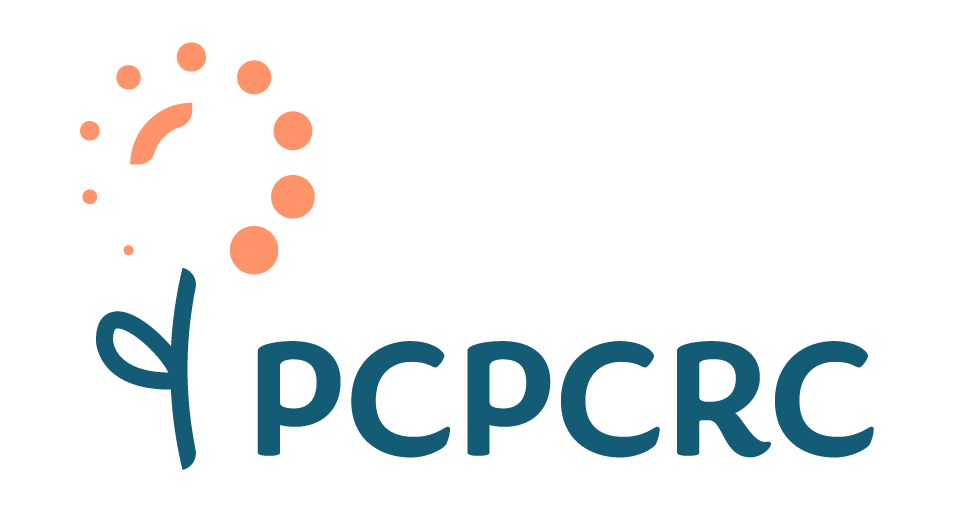
With over 100 investigators, healthcare providers, trainees, community and policy stakeholders, and patient and family partner members, the Pan-Canadian Palliative Care Research Collaborative is a network of practice-focused research groups aiming to produce high-quality palliative care research.
Our members have a passion for research and are looking to be actively involved in a palliative care research network. They come from many disciplines and include patients, caregivers, trainees, policy makers, clinicians, and researchers.
Dr. Jessica Simon is a Professor in the Department of Oncology and the Division Head for the Division of Palliative Medicine at the University of Calgary. She is also a Palliative Care Physician for Alberta Health Services.
Dr. Simon’s work focuses on health services research, with a passion for advance care planning. Her current programs of research include the role of virtual technology in home care and better integrating palliative care early in the course of serious illness. Dr. Simon is also busy exploring a new direction, collaborating with Indigenous colleagues on enhancing allyship between Indigenous and non-Indigenous people caring for seriously ill Indigenous patients.
Since its inception, Dr. Simon has been a dedicated PCPCRC member, encouraging palliative care researchers, partners, and other stakeholders to gather, “knowing that the sum is always greater than the parts.”
The PCPCRC community, for Dr. Simon, is different from other branches of research. Instead of competitiveness, she observes “a real sense of helping each other to do the best work that we can for people living with serious illness and to improve palliative care.” This is especially apparent when it comes to putting together successful grant applications. By working together, she finds that members are able to put in more competitive grant applications, more easily create multicenter studies, and extend the reach of a study.
“It inspires me to move in new directions,” she says, “and to continue work in areas that can be challenging.”

